
United States Brent Oil Fund, LP (BNO)
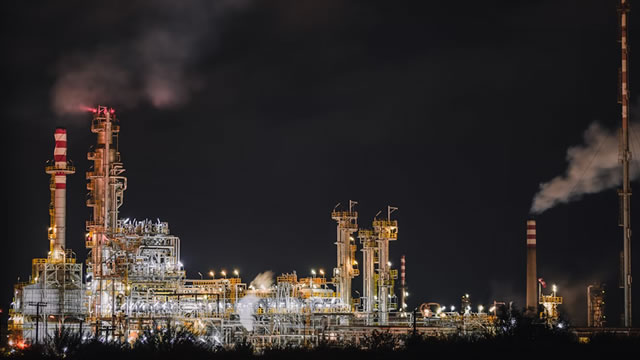
Regime change in Venezuela could bring boost in oil production — but not as much as you'd think
It would take time and billions of dollars to fix Venezuela's oil infrastructure
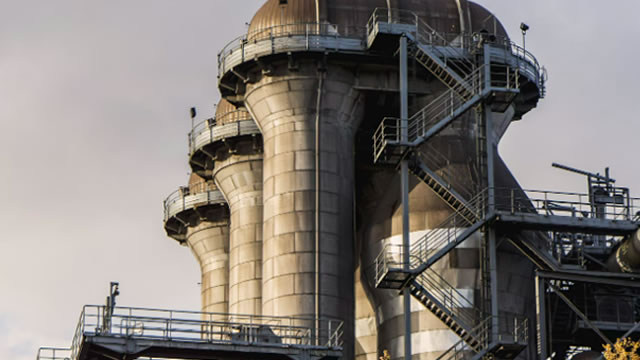
Crude Oil Price Outlook – Crude Continues to Look for a Reason to Rally
Crude oil remains under sustained pressure, with rallies viewed as selling opportunities amid persistent oversupply and soft demand. Both WTI and Brent show downside bias unless key resistance levels are reclaimed.

Former JAG Officer: US Needs to Prove Oil Was Smuggled
Rachel VanLandingham, Southwestern Law School Professor of Law and former JAG Officer, talks about the legality of the US seizing an oil tanker off the coast of Venezuela as well as their strikes against a Venezuelan boat in September, calling it a case for murder. She joins Joe Mathieu on 'Bloomberg: Balance of Power.

Trump says 'I guess' U.S. could keep seized oil tanker — but a sale appears likely
President Trump suggested the U.S. would keep the oil from the seized Venezuelan ship, but typically seized assets are sold. The U.S. government often sells confiscated goods and keeps the proceeds, experts said, including recent seizures of Iranian assets
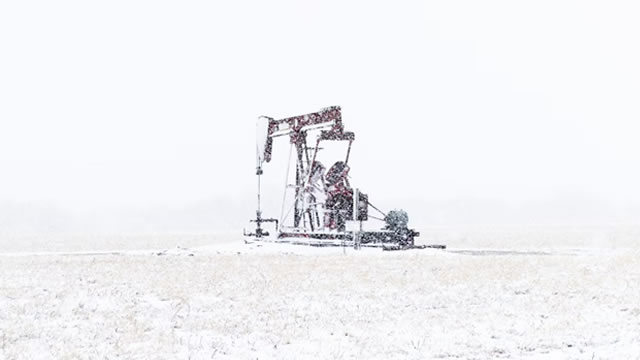
Trump steps up tension with Venezuela and Maduro with seizure of oil tanker
Wendy Schiller, Professor of Political Science at Brown University, discusses the US's seizure of a sanctioned ship off the Venezuela coast, President Trump's latest approval rating drop, and the outlook for midterm elections. US forces intercepted and seized a sanctioned oil tanker off the coast of Venezuela, marking a serious escalation of tensions between the two countries.

OPEC Holds Oil-Demand View Steady But Expects Higher Supply From Rivals
The Organization of the Petroleum Exporting Countries left its oil-demand outlook unchanged as it prepares to pause output hikes in early 2026, but modestly raised its forecast for this year's supply growth from rival producers

Oil News: Crude Oil Futures Slide as Ukraine Talks Weigh on Oil Outlook
Crude oil falls below key Fibonacci levels as Ukraine tensions, tanker seizures, and IEA demand outlook shifts pressure the market toward a bearish short-term view.

Natural Gas and Oil Forecast: Rising OPEC Output and Trendline Breaks Challenge Bullish Outlook
OPEC supply growth and key trendline breaks pressure natural gas and oil prices, raising downside risks as traders assess shifting market momentum.
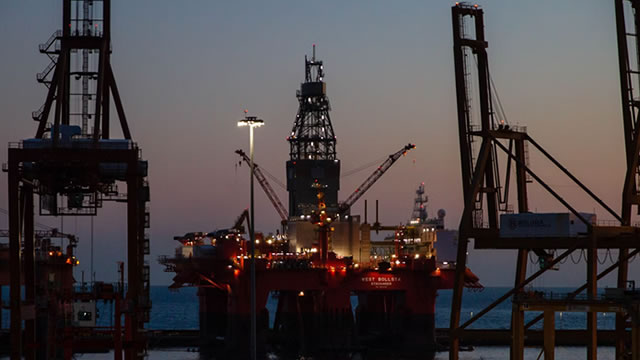
Oil and Natural Gas Technical Analysis As Crude Falls and Gas Holds Bullish Trend
WTI crude oil extended losses on supply glut fears and weak demand, while natural gas maintained a bullish structure supported by strong fundamentals and geopolitical tensions.
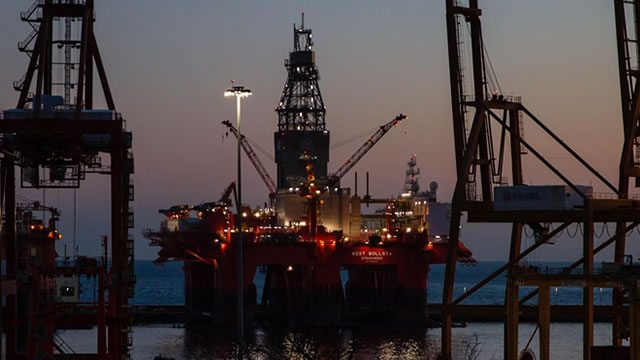
Oil Rises Amid Rising Tensions Between U.S. and Venezuela
Oil rose in the early Asian session amid rising tensions between the U.S. and Venezuela.
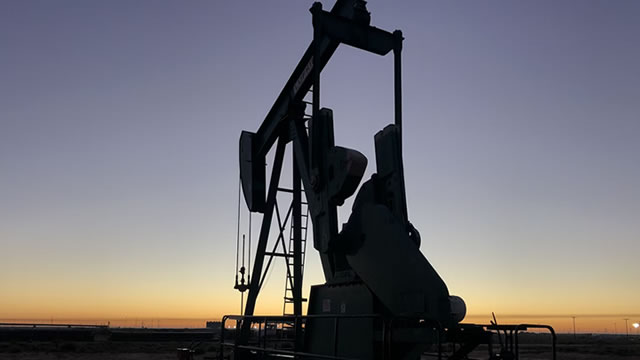
U.S. seizes oil tanker off Venezuela. Why one analyst says it's ‘a smart move.
The U.S. seized an oil tanker off the coast of Venezuela, President Donald Trump said Wednesday, in a move likely to ramp up tensions with the government of President Nicolas Maduro.
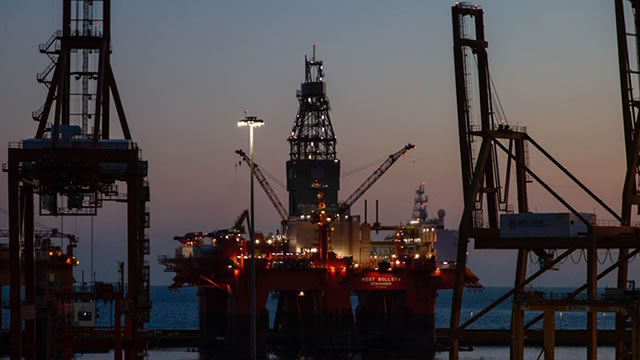
U.S. Seizes Oil Tanker Off Venezuela in Escalation of Pressure on Maduro Regime
The move comes amid heightened tension between Washington and Caracas, and hours after the country's opposition leader left the country on a boat.







